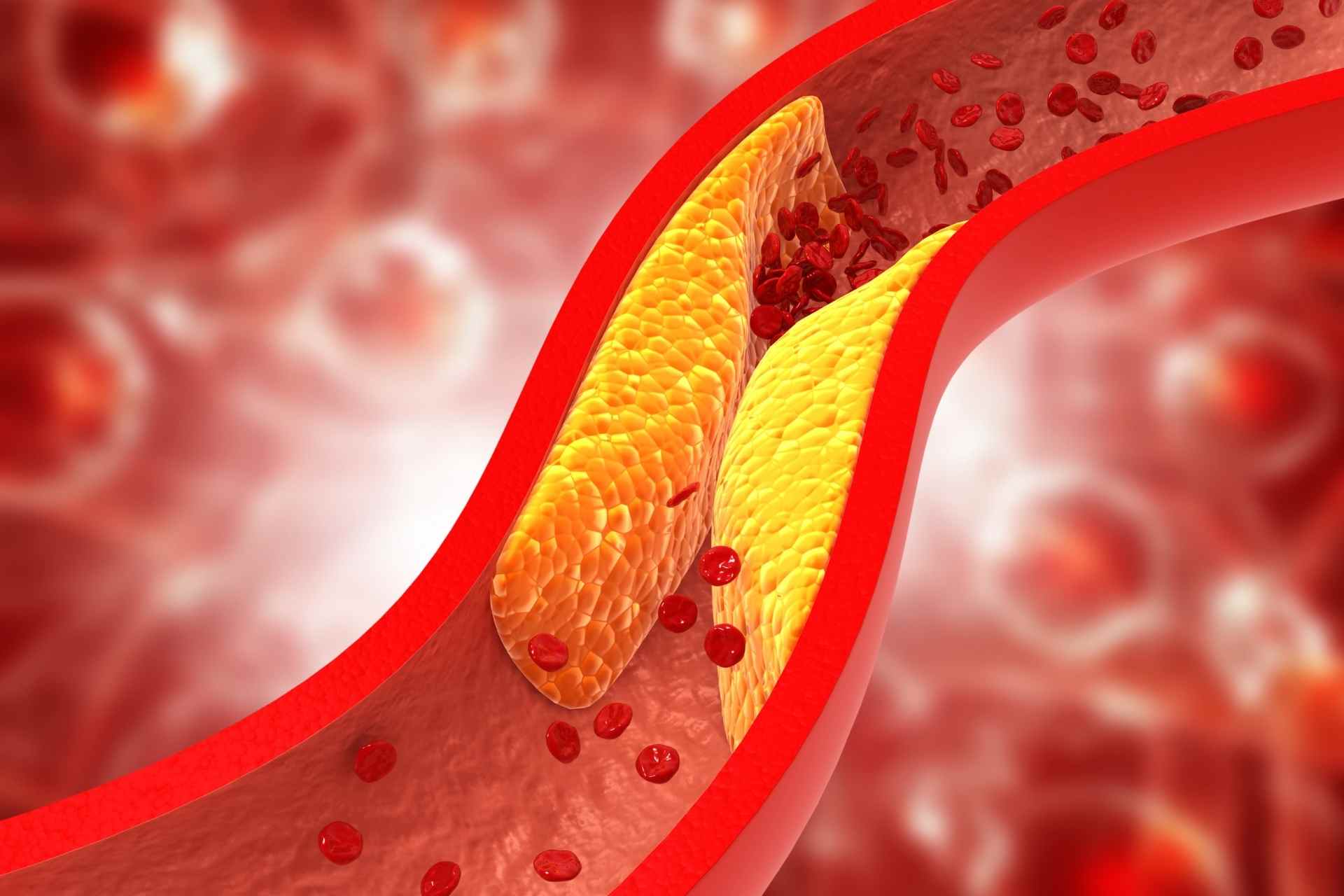What is already known
Cholesterol is a fatty substance found in the blood that helps the body to build healthy cells, but high levels of cholesterol can increase a person’s risk of heart disease. Gut microbes are thought to influence both bile acid synthesis and biliary cholesterol secretion. The gut microbiota has also been shown to modulate low-density lipoprotein cholesterol (LDL), sometimes called ‘bad’ cholesterol. However, how cholesterol interacts with the gut microbiota has remained unclear.
What this research adds
Researchers used a specific technique that can label both dietary cholesterol and the gut microbes that interact with it. Working in mice, the team found that some gut bacteria can use cholesterol from the diet to generate a molecule called cholesterol sulfate, which has many important roles in the human body, including stabilizing the cell membrane. They also found that Bacterioides can convert cholesterol into cholesterol sulfate.
Conclusions
The findings suggest that Bacteroides can metabolize cholesterol, thus helping to regulate its levels in the blood. Identifying associations between gut microbes and cholesterol can help investigate diet-microbiota interactions in multiple systems.
Cholesterol is a fatty substance found in the blood that helps the body to build healthy cells, but high levels of cholesterol can increase a person’s risk of heart disease. New research now shows that some gut bacteria can metabolize cholesterol, thus helping to regulate its levels in the blood.
The study, published in Nature Microbiology, “opens the door for thinking about whether the microbiome, or specific microbes, can remove cholesterol from circulation,” says senior author Elizabeth Johnson at Cornell University.
Cholesterol can be acquired through the diet or generated in the liver. During digestion, the bile secretes cholesterol into the gut, and gut microbes are thought to influence both bile acid synthesis and biliary cholesterol secretion. The gut microbiota has also been shown to modulate low-density lipoprotein cholesterol (LDL), sometimes called ‘bad’ cholesterol. However, how cholesterol interacts with the gut microbiota has remained unclear.
To address this question, Johnson and her colleagues used a specific technique that can label both dietary cholesterol and the gut microbes that interact with it. The technique, called bio-orthogonal labelling sort sequence spectrometry (BOSSS), was previously developed in Johnson’s lab.
Identifying microbes
The researchers fed labeled cholesterol to mice and then detected cholesterol-interacting gut microbes by their fluorescence. After that, they isolated those bacteria from bacteria that did not interact with cholesterol. Then, DNA sequencing identified the gut microbes associated with cholesterol, and a metabolomic analysis of the isolated microbiota samples revealed which molecules were made when bacteria interacted with cholesterol.
Bifidobacterium pseudolongum and bacteria from the genera Clostridium, Parabacteroides, Oscillospira and Turicibacter were the most common cholesterol-interacting microbes, the researchers found.
The metabolomic analysis showed that gut bacteria can use cholesterol from the diet to generate a molecule called cholesterol sulfate, which has many important roles in the human body, including stabilizing the cell membrane.
Metabolizing cholesterol
The sequencing analysis indicated that Bacteroides microbes were responsible for producing cholesterol sulfate from cholesterol. To confirm this finding, the researchers colonized germ-free mice with Bacteroides strains that lacked an enzyme needed to convert cholesterol into cholesterol sulfate. The gut microbiotas of these mice did not produce cholesterol sulfate, whereas the microbiotas of germ-free mice that were colonized with normal Bacteroides did.
Further analyses showed that the cholesterol sulfate produced by Bacteroides microbes is taken up into blood circulation through the portal vein, a blood vessel that carries blood from the gut and other organs to the liver.
“Overall, these results suggest [cholesterol sulfate] biosynthesis by Bacteroides may modulate the host state via numerous targets that warrant further investigation,” the researchers say. Identifying associations between gut microbes and cholesterol can also help investigate diet-microbiota interactions in multiple systems, they say.









